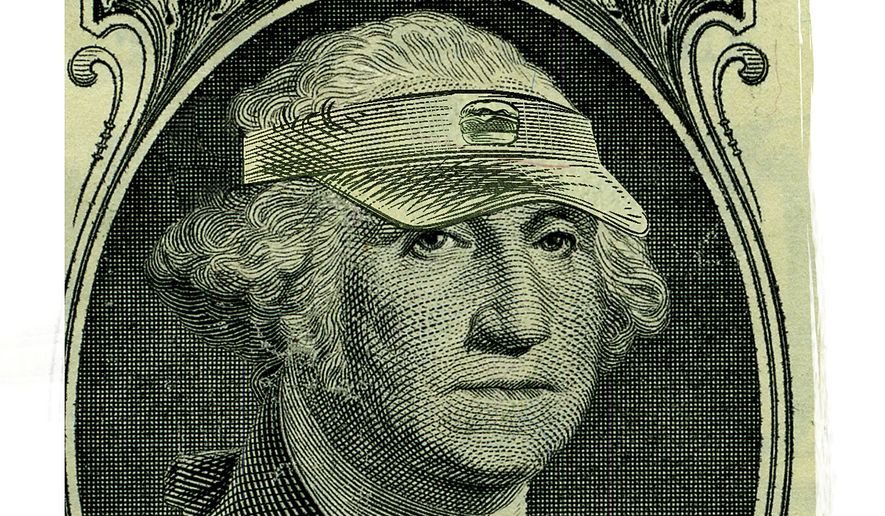OPINION:
Last week, Britain voted to leave the European Union, freeing itself from international governance. Just as the United States would recoil at the thought of Canadians making laws that trump U.S. governance were that a provision of the North American Free Trade Agreement, Britain is evidently fed up with ceding its sovereignty to unelected bureaucrats in Brussels as part of its international agreements.
“Brexit” is also a repudiation of policies favored by elites. Boris Johnson, leader of the “leave” side and potentially the next British prime minister, called on voters to “take back control” from “an unelected elite frankly indifferent to the suffering that their policies are causing.” Sound familiar?
If anyone embodies the European elite, it is Christine Lagarde, the French managing director of the International Monetary Fund, who last week called on the United States to raise its minimum wage and provide paid leave. In other words, she called on the U.S. to become more like Europe.
Mrs. Lagarde said “the U.S. economy is in good shape” growing at about 2 percent a year. Apparently, someone didn’t tell her that the U.S. historical baseline growth is 50 percent higher, at 3 percent per year. But relative to her native Europe, which has experienced years of essentially zero growth, 2 percent looks great.
Yet it’s exactly these types of labor regulations she recommends that are to blame for Europe’s lost decade of economic growth. To the extent that the United States copies Europe’s labor regulations, it will also copy Europe’s economic stagnation.
When you make hiring more expensive with labor regulations like minimum wage increases and paid leave requirements, you get less of it, reducing economic growth. Though this is most evident in Europe, with its average 22 percent youth unemployment and 50 percent of new jobs being temporary contracts, it is also apparent in American cities that are experimenting with dramatic minimum wage increases.
In California’s Bay Area, where several cities led by San Francisco have increased their minimum wages to the $15 range, dozens of small businesses have been forced to cut back on employee job opportunities or close entirely as a direct consequence of the costs associated with the wage hikes. (Specific stories are available at Facesof15.com.)
Speaking of elites, the White House put out a report last week addressing the dramatic fall in the U.S. labor force participation rate among males aged 25 to 54, which has fallen from 97 percent in 1964 to 88 percent today. Note the age bracket. This is not due to retirements. The report points out that the lack of demand for less-skilled labor is driving the decline in the male labor force, which for those with a high-school diploma or less has fallen even further from 97 percent in 1964 to 83 percent today.
The White House report bizarrely concludes that one solution to the low labor force participation rate is to further raise the minimum wage. It cites a discredited 1994 study by economists David Card and Alan Krueger that reached the improbable conclusion that a wage hike will increase hiring by business. This conclusion was subsequently debunked in the same economic journal that published it, yet the study is still used by advocates to justify their minimum wage ideology.
In the real world of course, higher minimum wages — especially the $15 variety popular right now — are barriers to employment for less-skilled job-seekers. According to a recent University of New Hampshire-Employment Policies Institute survey of U.S.-based labor economists, eight out of 10 respondents said that a $15 minimum wage would cause employers to hire more-skilled applicants — at the expense of less-skilled ones. Seems like the price of labor matters.
The divergence between what elites say is good for us and what actually happens in the real world has never been greater. Britain rebelled against the policies favored by elites last week. Perhaps the United States will do the same in November.
• Richard Berman is the president of Berman and Company, a public affairs firm in Washington, D.C.




Please read our comment policy before commenting.